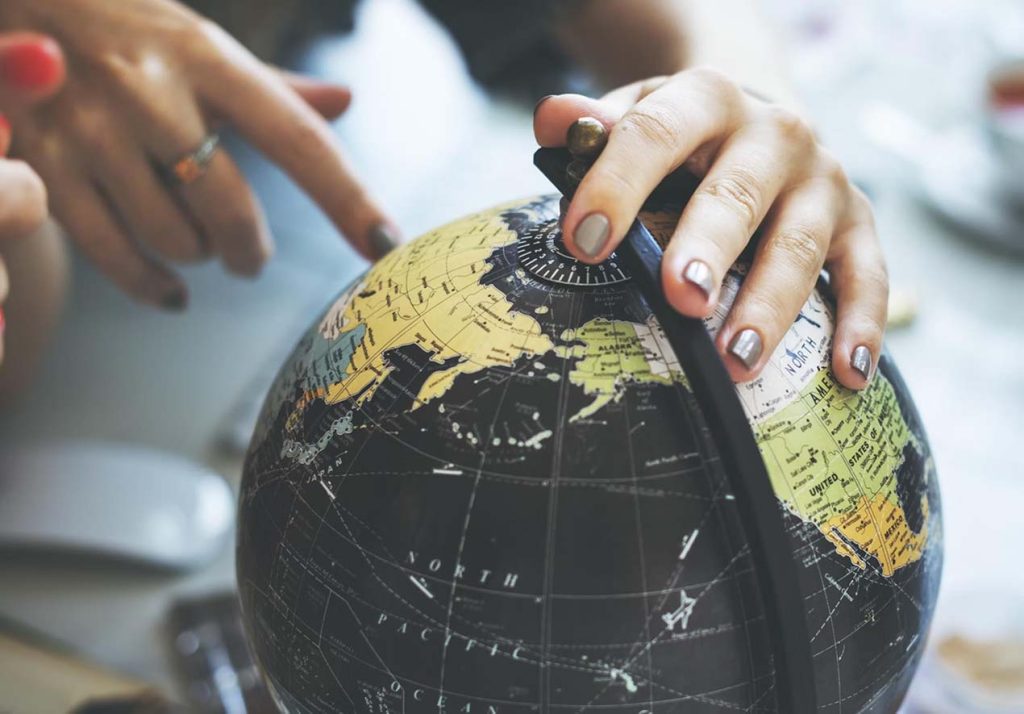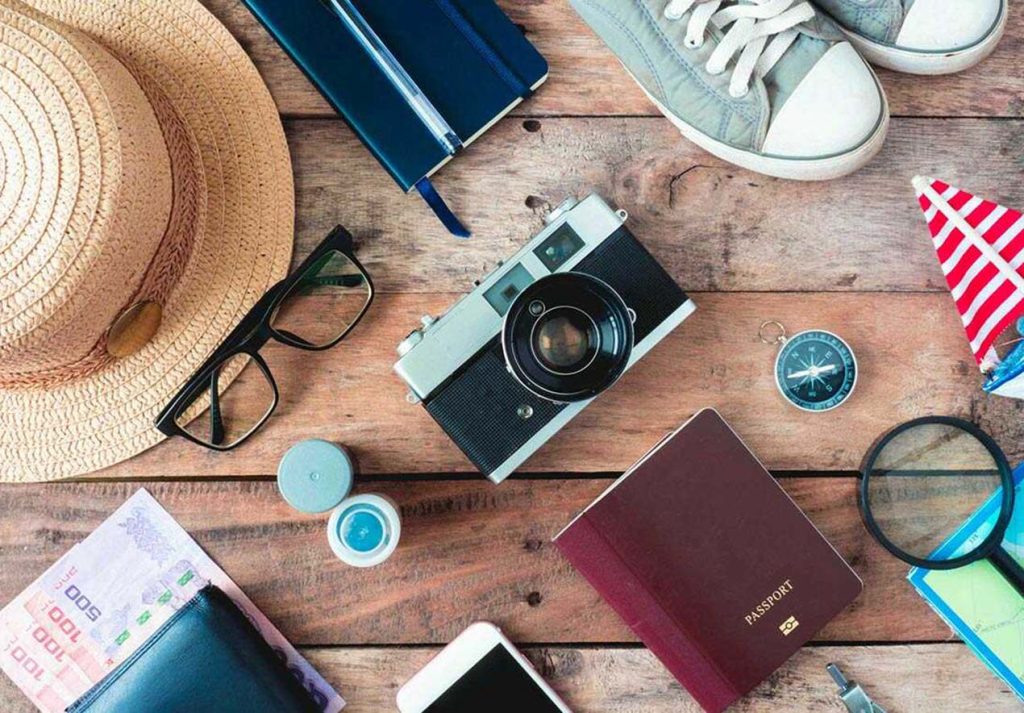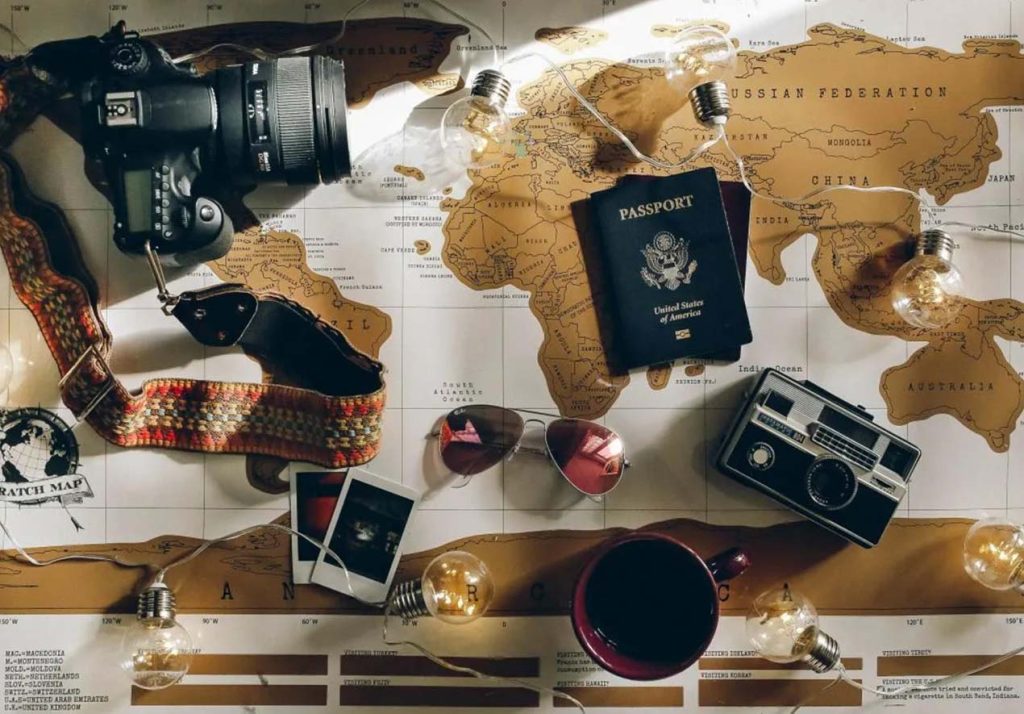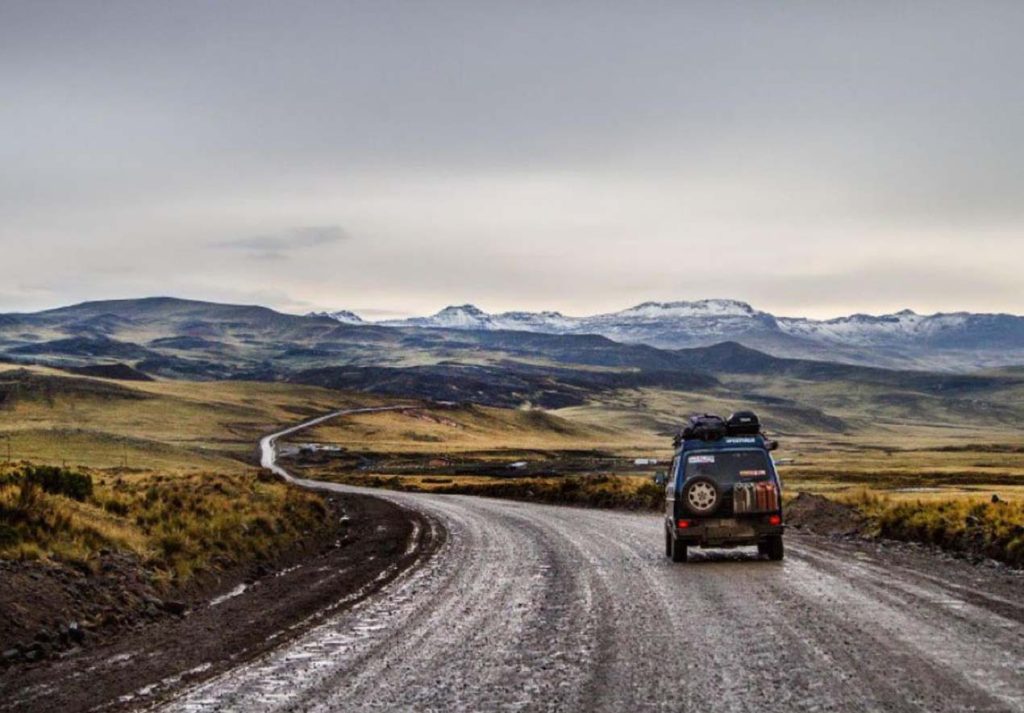Through my personal experiences, I’ve learned valuable lessons about being prepared for anything while traveling. In this article, I want to share with you 12 essential tips that can make a real difference in your travel experiences.
Take Multipurpose Gear
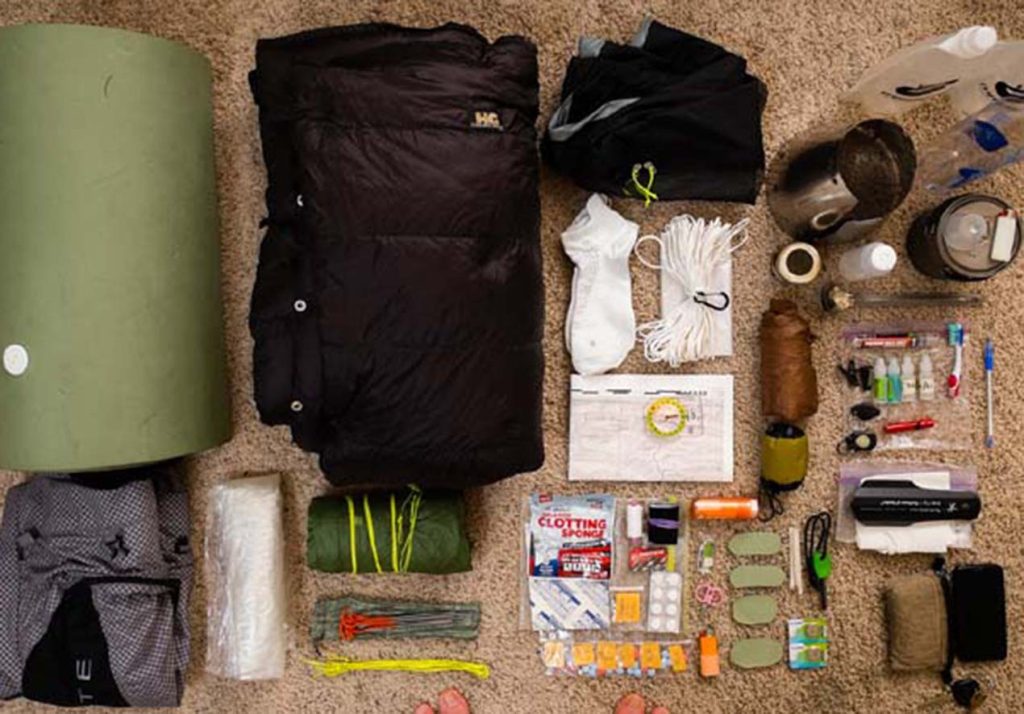
When you’re packing for your trip, consider selecting items that serve multiple purposes. This will not only save space in your luggage but also ensure you’re prepared for various situations. For example, a lightweight scarf can be used as a blanket or a cover-up, a quick-drying towel can double as a picnic mat or a makeshift curtain, and a versatile sarong can serve as a beach cover-up, a shawl, or even a makeshift bag.
Carry a Small First Aid Kit
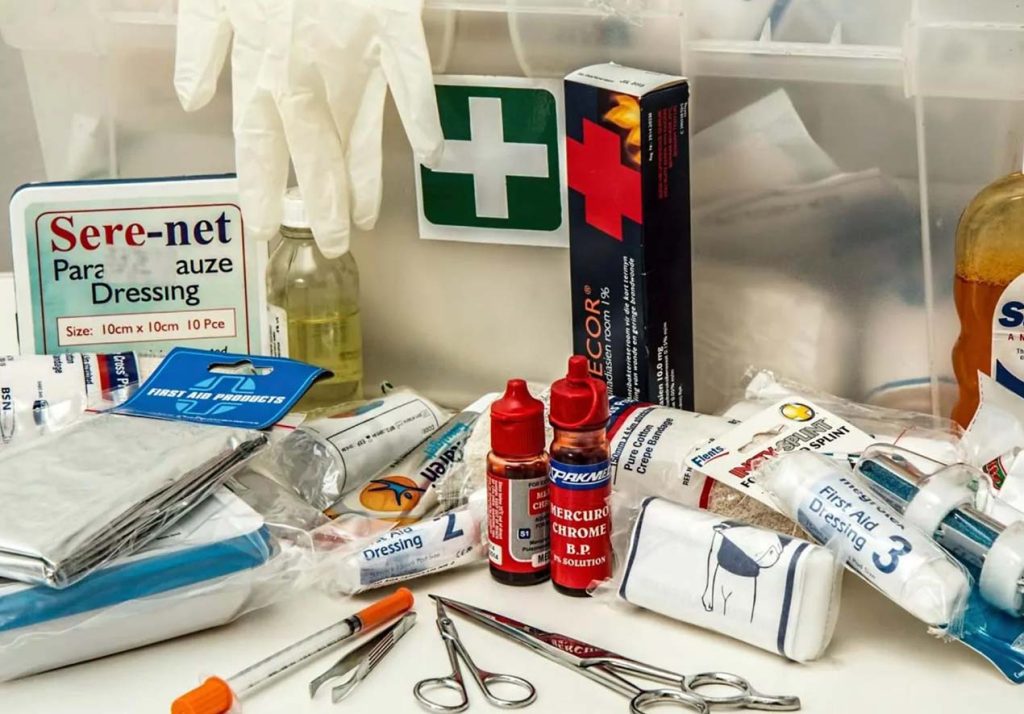
A small first aid kit is an absolute must for any traveler. Include essential items such as band-aids, antiseptic wipes, pain relievers, motion sickness medication, and any prescription medications you require. It’s also important to check the local regulations and restrictions regarding medications before you travel to ensure compliance.
Pack a Small Flashlight
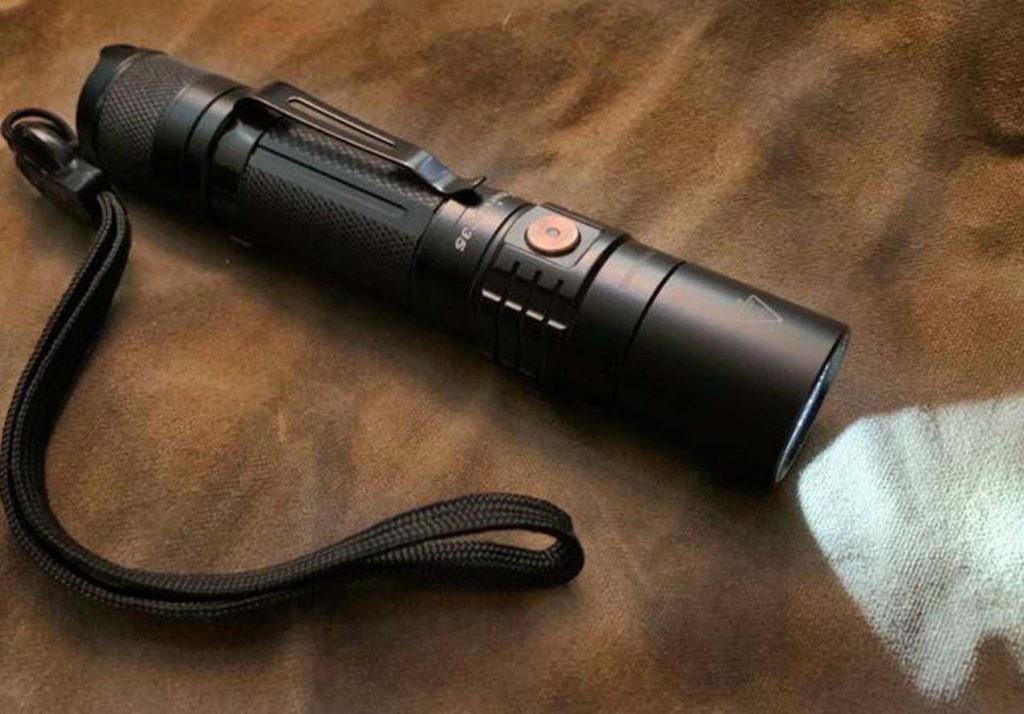
Having a compact flashlight can be a lifesaver in unexpected situations. Whether you find yourself in a power outage, navigating through dimly lit streets, or simply searching for something in the depths of your bag, a small flashlight will prove incredibly useful. Look for one that is lightweight, durable, and easily fits in your pocket or bag.
Carry a Reusable Water Bottle (with a Filter)
Staying hydrated is vital while traveling, but relying on single-use plastic bottles harms the environment. Instead, opt for a reusable water bottle with a built-in filter. This way, you can fill up from various water sources, ensuring access to clean drinking water wherever you go.
Learn Basic Phrases
Learning a few basic phrases in the local language can go a long way in enhancing your travel experience. Simple greetings, expressions of gratitude, and asking for directions can help you communicate with locals and demonstrate respect for their culture. Moreover, it can lead to meaningful interactions and open doors to unique experiences.
Study Nonverbal Communication
In addition to learning basic phrases, familiarize yourself with nonverbal communication cues commonly used in the local culture. Hand gestures, facial expressions, and body language often convey messages that words alone cannot. Understanding and respecting these nonverbal cues will help you navigate social interactions and avoid misunderstandings.
Keep Emergency Cash with You
It’s always wise to have emergency cash stashed away in a separate location from your wallet. In case of unforeseen circumstances such as a lost or stolen wallet, having backup cash can be a lifesaver. Remember to keep the emergency cash in a secure place and use it only in true emergencies.
Have Backup Credit and Bank Cards
In addition to emergency cash, it’s prudent to carry backup credit and bank cards. Keep them separate from your main cards, preferably in a different bag or a concealed pocket. This ensures that if your primary cards get lost or stolen, you have an alternative to rely on.
Make Copies of Your Passport and Important Documents
Before embarking on your trip, make copies of your passport, visa, travel insurance documents, and any other essential identification papers. Keep these copies in a safe place separate from the originals. Additionally, consider scanning and storing digital copies in a secure cloud storage service or email them to yourself for easy access.
Carry a List of Emergency Contacts
Create a list of emergency contacts, including local authorities, your country’s embassy or consulate, and important phone numbers specific to your destination. Keep a printed copy with you and store digital copies on your phone or other electronic devices. This way, you’ll have quick access to essential contacts in case of emergencies.
Have Travel Insurance
Travel insurance is often overlooked but is essential for any trip. It provides financial protection in the event of unexpected events such as medical emergencies, trip cancellations, or lost luggage. Before purchasing travel insurance, carefully read and understand the coverage and exclusions to ensure it meets your specific needs.
Read Before You Go
Last but not least, do your research and read about your destination before you go. Familiarize yourself with local customs, traditions, and cultural norms. Learn about local laws, important safety information, and any potential risks or scams to watch out for. This knowledge will help you make informed decisions and be more prepared for your travel adventure.
Being prepared for anything while traveling is crucial. By following these 12 tips, you’ll be equipped to handle unexpected situations and make the most of your travel experiences. Remember, preparation is key, but also embrace the spontaneity and adventure that come with exploring new places. Stay safe, have fun, and create unforgettable memories on your next trip!
